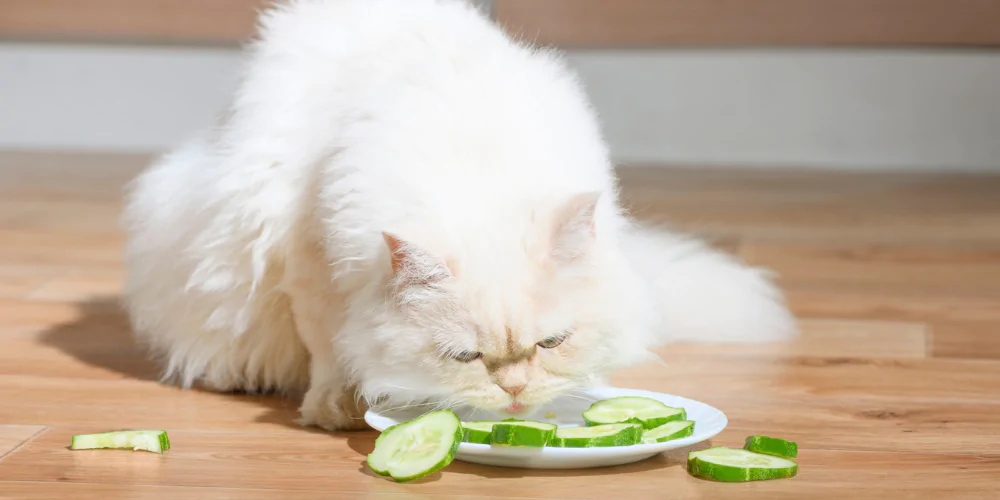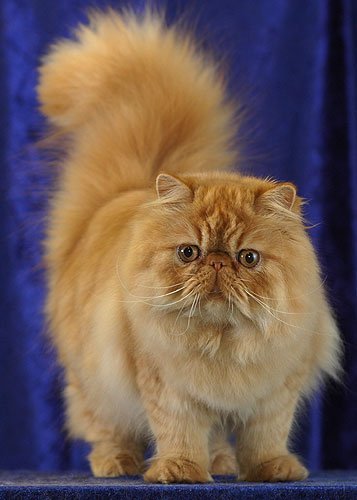Welcome, curious cat owner! In this article, we will explore the unusual and surprising foods that Persian cats may enjoy. From fruits and vegetables to small portions of cooked meats, you may be surprised by what your fluffy feline friend may find delicious. Keep reading to discover the weird things that Persian cats can eat and add some variety to their diet! Have you ever wondered what kind of unusual things Persian cats can actually eat? Whether you are a new pet owner or just curious about feline dietary habits, it’s important to know what your Persian cat can safely consume. Let’s explore some strange foods that Persian cats can enjoy in this informative and friendly article.
Understanding Persian Cats’ Dietary Needs
Persian cats have unique dietary needs that differ from other cat breeds. Their luxurious coats, flat faces, and specific health conditions require a specialized diet to keep them healthy and happy. It’s essential to provide them with a balanced diet that meets their nutritional requirements to ensure their overall well-being.
A Balanced Diet for Persian Cats
Ensuring your Persian cat gets a balanced diet is crucial for their health. Include high-quality protein, essential fatty acids, vitamins, and minerals in their meals. Consult your veterinarian to create a customized diet plan tailored to your Persian cat’s specific needs.
Persian cats require a diet that is high in protein and low in carbohydrates. Look for cat food that contains real meat as the primary ingredient, such as chicken, turkey, or fish. Avoid foods with too many fillers and artificial ingredients that may not provide the necessary nutrients for your Persian cat.
Weird Things Persian Cats Can Eat
While Persian cats have specific dietary requirements, there are some unconventional foods they can safely consume in moderation. Remember that every cat is different, and what works for one may not work for another. It’s crucial to introduce new foods gradually and observe how your Persian cat reacts to them. Here are some weird things Persian cats can eat:
Fruits and Vegetables
Persian cats can enjoy small amounts of fruits and vegetables as treats. Some safe options include:
- Apples (without seeds)
- Bananas
- Blueberries
- Carrots
- Green beans
Make sure to wash fruits and vegetables thoroughly and remove any seeds, pits, or stems before offering them to your Persian cat. Cut the fruits and vegetables into small, bite-sized pieces to prevent choking hazards. Monitor your cat’s reaction to new foods to ensure they digest them well.
Dairy Products
Despite popular belief, some Persian cats can tolerate dairy products in small quantities. Some cats may be lactose intolerant, so it’s essential to introduce dairy products gradually and monitor how your cat responds. Safe options include:
- Plain yogurt
- Cheese (in small amounts)
- Lactose-free milk
Avoid giving your Persian cat large quantities of dairy products as they may cause gastrointestinal upset. If your cat shows any signs of lactose intolerance, such as diarrhea or vomiting, discontinue feeding them dairy products.
Cooked Meats
Cooked meats can be a tasty and protein-rich addition to your Persian cat’s diet. Offer small amounts of cooked meats as treats or meal toppers. Safe options include:
- Cooked chicken (without bones)
- Lean beef
- Turkey
- Fish (cooked and deboned)
Ensure that the meats you offer to your Persian cat are cooked thoroughly to prevent the risk of foodborne illnesses. Avoid seasoning the meats with spices, garlic, onions, or salt, as these can be harmful to cats.
Eggs
Eggs are an excellent source of protein for Persian cats. Offer cooked eggs as an occasional treat to your cat. Scrambled or boiled eggs are safe options for your feline friend. Remember to offer eggs in moderation as part of a balanced diet for your Persian cat.
Small Quantities of Cat-Safe Human Foods
Some human foods are safe for Persian cats in small quantities. Offer these foods as occasional treats and monitor how your cat reacts to them. Safe options include:
- Plain cooked pasta
- Plain rice
- Oatmeal (cooked and unsweetened)
- Peanut butter (without xylitol)
Avoid giving your Persian cat foods that are high in sugar, salt, or additives, as they can be harmful to their health. If you’re unsure about a specific food item, consult your veterinarian before offering it to your cat.


Foods to Avoid Giving Persian Cats
While there are some weird things Persian cats can eat, there are also foods that you should never give them. Some common foods that are toxic to cats include:
- Chocolate
- Grapes and raisins
- Onions and garlic
- Xylitol (artificial sweetener)
- Alcohol
- Caffeine
These foods can be harmful or even fatal to Persian cats if ingested. Always check the ingredients of any foods you offer to your cat and avoid giving them anything that may be toxic to their health.


Conclusion
In conclusion, Persian cats can enjoy some unconventional foods in moderation as part of a balanced diet. Fruits, vegetables, dairy products, cooked meats, eggs, and select human foods can be safely given to Persian cats as treats. It’s essential to introduce new foods gradually and monitor your cat’s reaction to ensure they can digest them well.
Remember that every cat is unique, and what works for one cat may not work for another. Consult your veterinarian before making any significant changes to your Persian cat’s diet and always prioritize their health and well-being. By offering a variety of foods in moderation, you can keep your Persian cat happy, healthy, and satisfied.



